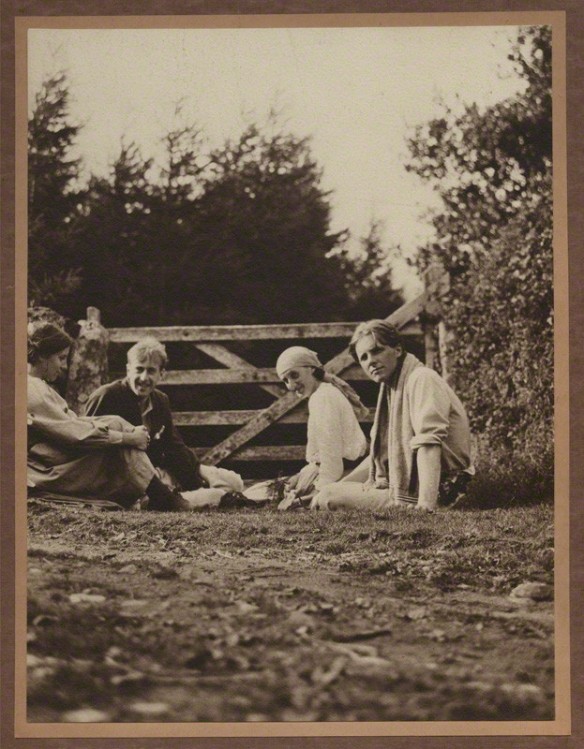I was sure to be the youngest person there. So wrong was this supposition that when I arrived up at the place, I thought I had stumbled into a wedding, or a children’s party. Running, shouting, weaving in and out, clambering onto the edge of the fountain and threatening to fish for coins, pulling on parental sleeves, begging for a visit to the café…which, somewhat incongruously, was blaring disco from the depths of the Seventies via an amplifier propped high on the struts of the winter-bare canopy. Breathless after the last savage incline that curves through the cemetery at the edge of the village, I found a bench, collapsed, watched the small insistent souls swirl around me. Outside the mairie early Christmas lights sparkled in twin cypress trees: fingernail-sized, blue-white, rippling out along the feathery branches. Inevitably it came to me, that old cliché, that the path of anti-aircraft fire in a dark sky is like that of fireworks.
It was ten minutes to eleven, on the eleventh day of the eleventh month.
Someone interrupted the disco diva in mid-screech, and put on an equally generic but more patriotic tune. A sudden swell in the crowd, and les anciens combattants began their march, clustered behind a serry of flags: French, British, Australian, others I didn’t recognise and so must hail from far-away places which one had imagined the wars of Europe could not touch. The late morning sun was bright in my eyes and so they faded into view, these ranks of elderly men in dark suits. There were as many varieties of suits as there were men: frayed at cuffs and collar, dusty, stained in odd places; or impeccably pressed with overcoats in rich fabric thrown over an arm. One particularly jaunty type strutted past in a three-piece corduroy suit. Very few were in uniform. But all wore a poppy on their lapel, made of either silk or paper, and many wore red calots, the black braided tassels placed precisely down the centre of the back of their necks. Monsieur le Maire, sturdy, hirsute, brought up the rear, working the crowd like a pro and pausing for a photograph with one of the women handing out stickers in exchange for a donation to the local VA. Simple emotions were on display: pride, gratitude, friendship. I searched in vain for the solemnity I expected. Perhaps that would come later, at the memorial with its attendant wreaths, its spectacular view out over the hills and down towards the Baie des Anges.
One tiny blond girl – there is always a tiny blond girl – twirled along in the wake of the procession. She wore a hooded jacket covered in graffiti-esque writing, candy-striped tights, leopard-print boots. She sang a song of her own devising, to no-one in particular. Flinging out her arms, she spun faster, carving out her own space. Had she an uncle, a grandfather, somewhere in this crowd? Or was there someone asleep further down the hill whose child she might have been? A girl’s ponytail tangled on the wind, a column of smoke rising peaceably from a chimney in the valley: are these the things men and women die for? Or is that too an old lie?
It felt intrusive, dishonest, to impose the complexity of my feelings upon what was taking place before me.
Another sideways lurch, and the procession moved off through the village, trailing dogs, children, latecomers in cars.
I did not follow.
— amrh / November 2013, Mougins






